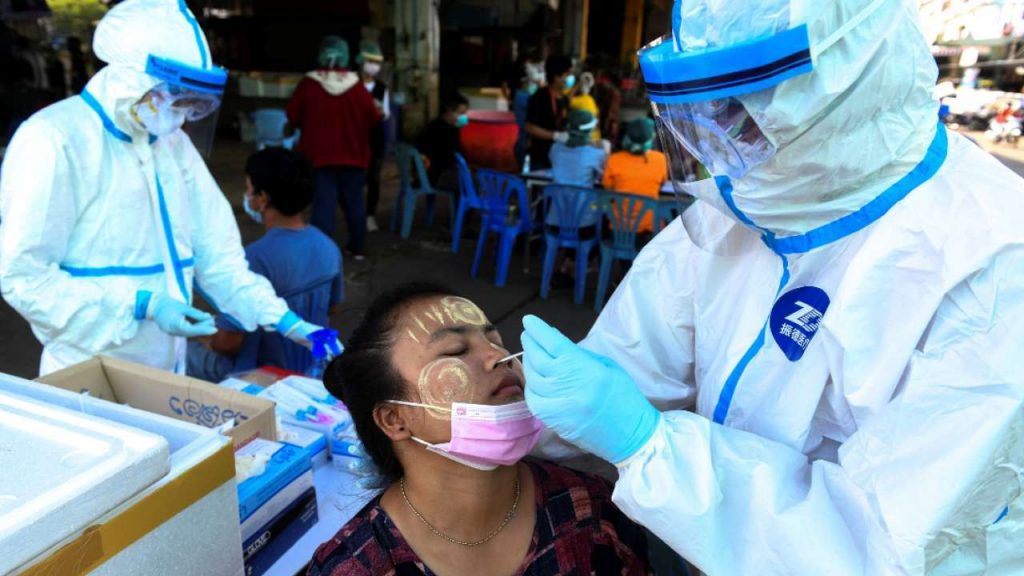Thai health officials cautioned citizens on Wednesday to expect an increase in coronavirus cases after the country’s first cluster of the Omicron type was classified as a super-spreader incident.
The Omicron cluster discovered on Christmas Eve in the northeastern province of Kalasin has been traced to a Belgian couple who frequented clubs, concerts, and markets.
The resulting cluster affected hundreds, with cases spreading to 11 other provinces, according to senior health official Opas Karnkawinpong, who cited one of the cluster’s related bars being overcrowded and lacking adequate ventilation.
“During the New Year, if you visit any place and it does not look safe, just don’t go,” Opas said at a briefing.
According to Opas, Thailand has documented 740 cases of the highly transmissible Omicron strain, with 251 of those cases occurring in people who came into touch with foreign newcomers.
After reaching a high of over 20,000 coronavirus infections in August, daily case numbers have dropped to around 2,500 in the last week.
Without a faster implementation of measures like immunizations and testing, as well as increased social separation, the health ministry’s planning scenario predicted that daily infections may reach 30,000 by March, with more than 160 deaths.
The scenario revealed that if limitations were increased, daily cases may reach 14,000 in February, with fewer than 60 daily deaths.
Government personnel have been instructed they can work from home for the first two weeks of January, according to coronavirus taskforce spokeswoman Taweesin Wisanuyothin, who also urged the private sector to follow suit.
Following the discovery of the first local Omicron infection last week, Thai authorities imposed obligatory quarantine for international arrivals and suspended the “Test & Go” program, which allowed vaccinated travellers to skip the quarantine.
